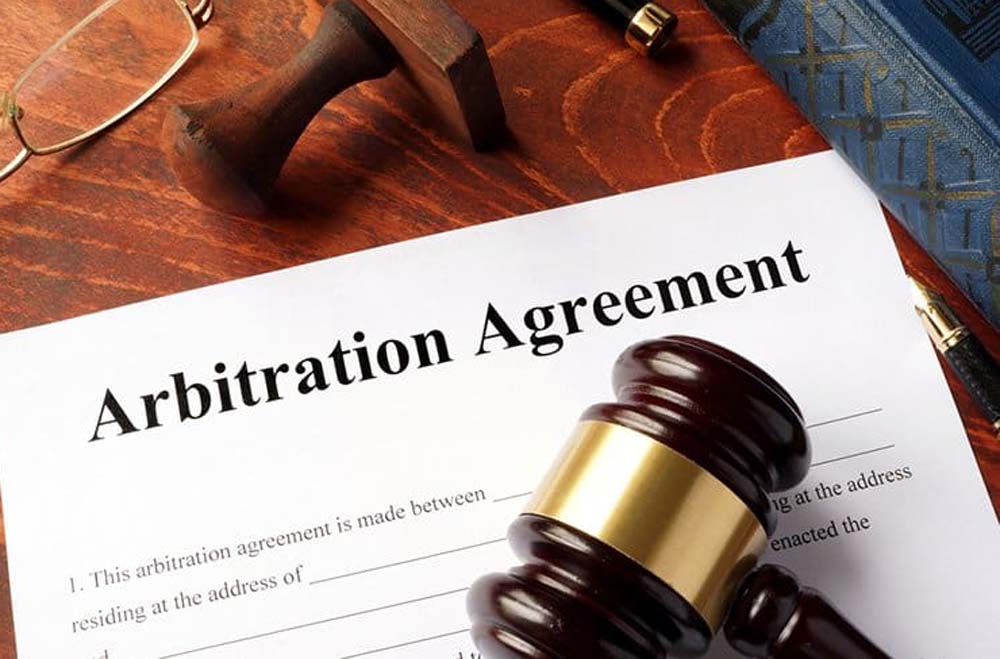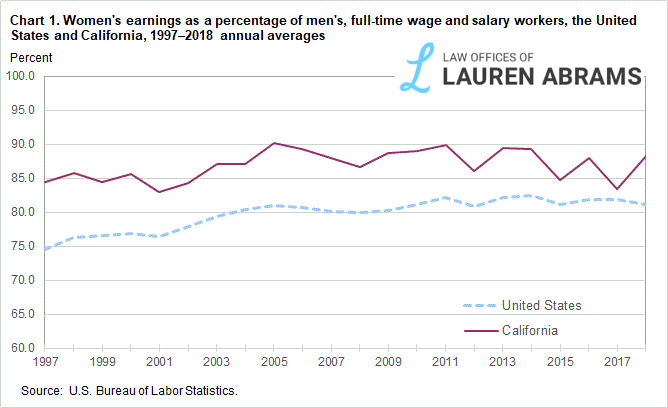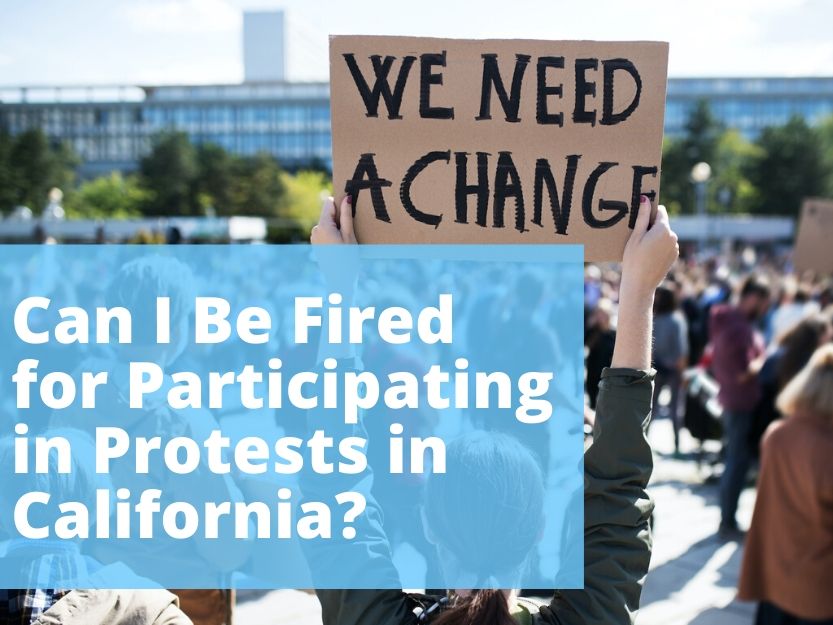
Oct 15, 2020 | Workplace Discrimination
If you were offered a job, but it required you to give up certain rights, including the right to sue your prospective employer over future employment law violations, would you take it? You’re competent, easy to get along with and professional, so if that offer has the right number of zeroes behind it, you probably would, right? Now what if you found out that giving up those rights enabled your employer to cover up multiple employee claims of sexual impropriety on the part of an executive spanning a decade or more?

Sep 18, 2020 | Workplace Discrimination
According to the United Nations International Labor Organization, the economic crisis and the continued decline in working hours caused by the COVID-19 pandemic will impact 1.6 billion workers, or half the global workforce.

Sep 10, 2020 | Workplace Discrimination
In the United States, employers are prohibited from harassing and/or discriminating against their employees by a variety of federal, state, and local laws. Exercising labor rights under any of these anti-harassment and anti-discrimination laws is considered “protected activity.” After engaging in protected activity in California, an employee is shielded from workplace retaliation by the Labor Code, the Fair Employment and Housing Act (“FEHA”) and other whistleblower protection statutes.

Aug 29, 2020 | Workplace Discrimination
America, and California in particular, has always been a place that believes in equality. However, individuals haven’t always practiced what they preach. The past several hundred years have been a long, uphill battle to help ensure everyone in the US is truly equal. In fact, August 26th was the 100th anniversary of the ratification of the 19th Amendment, when white women were officially granted the right to vote – a watershed moment for womens’ equality in the US.

Aug 13, 2020 | Workplace Discrimination
Today, Thursday, August 13, is Black Women’s Equal Pay Day. Why the 13th of August? Because it signifies the number of days into the year the average Black woman must work to equal her male colleagues’ pay from the previous year. In hard numbers, that means the average Black woman makes $0.62 for every $1.00 earned by men.

Jul 8, 2020 | Workplace Discrimination
In response to hundreds of years of systemic racism, millions across the country are protesting. Many are protesting against police abuse and are calling for police defunding. While protesters are exercising their First Amendment rights to assemble and to free speech, it is important that you understand the difference in your rights under constitutional law and whether you have job-protected rights that stem from your protesting activity.






